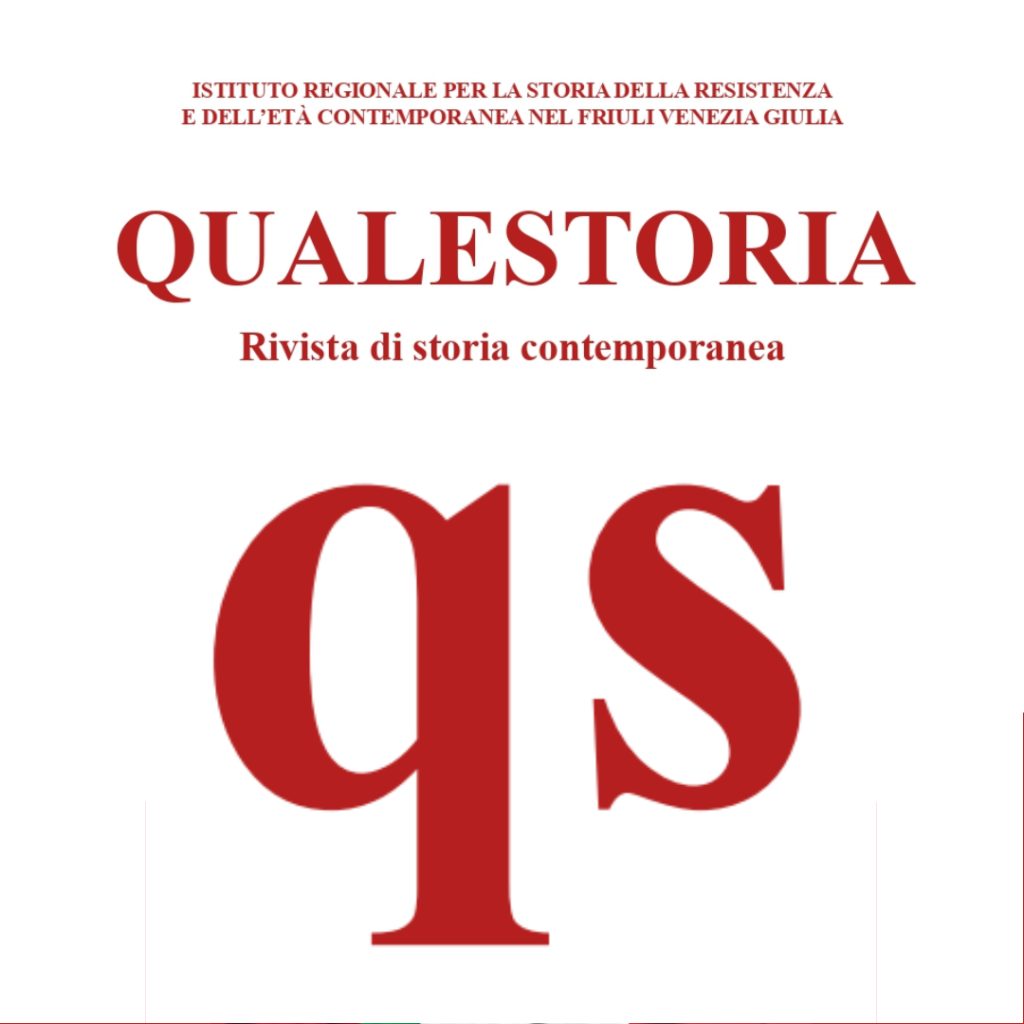Need to Know: Intelligence and Politics – Western and Eastern Perspectives
Need to Know: Intelligence and Politics – Western and Eastern Perspectives
Application Deadline: 15 May 2011
The conference, conceived as an event accompanying the Polish presidency in the European Union, is scheduled to take place at the South Denmark House and the European Parliament in Brussels on 8-9 November 2011. It is co-organized by: Pawel Zalewski, MEP (European People’s Party), Institute of National Remembrance – Commission for the Prosecution of Crimes against the Polish Nation, Center for Cold War Studies of the University of Southern Denmark, and the Institute of Political Studies of the Polish Academy of Sciences.
One of the side-effects of the collapse of the communist system in Central/Eastern Europe was that hitherto highly classified data on key aspects of intelligence operations in some Warsaw Pact countries became relatively easily accessible. These data concerned such fundamental issues as: the impact of intelligence information on political decisions; international intelligence networks; data circulation and processing; goals, methods, and forms of intelligence work; information sources and intelligence operations; and intelligence as an organization.
The main aim of the conference is to confront the experience of scholars from Central/Eastern Europe, who analyze such materials on a daily basis, with research methodologies developed in Western Europe and the United States. The conference will focus on modern intelligence from the World War II to the War on Terror, however with an emphasis on the Cold War. We do not, however, wish to limit ourselves by this time frame, for we are more concerned with a series of issues worth considering within a comparative framework. We are also mindful of the fact that in the recently announced Stockholm Program the European Union asserted a stronger role in the field at stake (most notably the exchange of intelligence information).
The list of issues we consider worth raising includes (but is not limited to):
* New sources/new possibilities/advanced analytical methods in intelligence research.
* The place of intelligence within the political system.
* Mechanism of state control over intelligence services.
* The significance of intelligence-gathering in East-West relations during the Cold War,
* The role of intelligence data in decision-making in international politics.
* Information processing in intelligence circles and the impact of specific modes of processing on the quality of intelligence information.
* Strengths and weaknesses of intelligence information sources (human, technical, and open), particularly human sources (HUMINT).
* The worldview of intelligence officers, its sources (esprit de corps, education, origins, gender) and its influence on the quality of intelligence information.
* Academic research at the service of intelligence-gathering – intelligence at the service of science and technology (ethics, psychology, mathematics, and technical sciences).
* Case studies of intelligence operations that offer valid lessons for European security (e.g. with respect to such issues as terrorism, immigration and migration, national and religious minority communities, economic, scientific, and technological espionage, disinformation, secret operations, etc.).
English will be the language of the conference.
All those interested are encouraged to participate – both as presenters and as auditors. In the case of the presenters, the accommodation, meals, and travel expenses will be covered by the conference organizers. The deadline for conference paper proposals (to be submitted on the attached form) is 15 May 2011. Together with the proposal please enclose an abstract of 500-700 words, in English.
The conference program will be made available by May 30, 2011.
Due to security procedures at the European Parliament, those who wish to participate in the conference as auditors are also requested to register by filling in the applicable form and mailing it back to the organizers. Conference participation is free of charge.
Submissions should be sent to:
anna.piekarska@ipn.gov.pl
or:
Anna Piekarska
Institute of National Remembrance
Bureau of Public Education
ul. Towarowa 28
00-839 Warszawa
POLAND
“Konferencja 2011”
fax: +48.22.431.83.80
For additional information please contact:
anna.piekarska@ipn.gov.pl
For registration forms, please visit the conference web site:
www.ipn.gov











